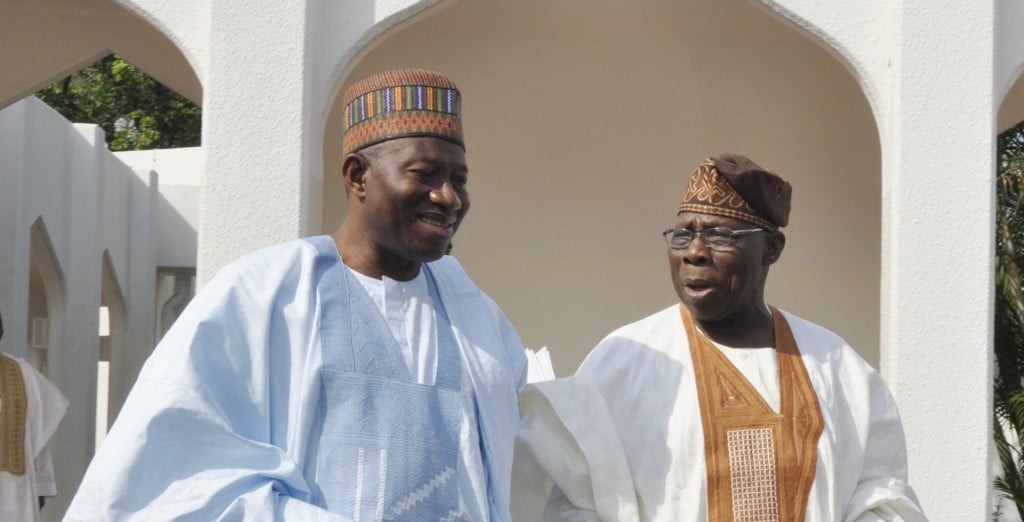In the wake of the recent revelation that the Federal Government has allocated a staggering N13,805,814,220 for the upkeep of former presidents, vice presidents, heads of state, and other retired officials in the 2024 fiscal year, it is high time we scrutinised the rationale behind such exorbitant provisions.
The beneficiaries of this substantial sum include notable figures such as former Presidents Olusegun Obasanjo, Goodluck Jonathan, and Muhammadu Buhari, alongside ex-vice-presidents Atiku Abubakar, Namadi Sambo, and Prof Yemi Osinbajo.
Even ex-military Heads of State, General Yakubu Gowon, General Abdusalami Abubakar, General Ibrahim Babangida, and a former Chief of General Staff, Commodore Ebitu Ukiwe (retd.), are set to benefit from this windfall.
While the government has also earmarked N1tn for public service wage adjustment, including arrears of promotion and salary increases, it is crucial to question the priorities embedded in such budget allocations.
The incentive structure of political offices appears excessively attractive, prompting a need for a reassessment of the compensation bestowed upon former leaders.
These substantial payouts contribute to a perception of greed among Nigeria’s political elite. The crux of public service lies in serving the people, addressing the needs of the masses, and fostering national development.
However, the allocation of such colossal sums to former leaders raises concerns about the misallocation of funds that could be redirected towards pressing national priorities.
The argument that these former leaders deserve such sizable pensions is questionable, especially when there are more pressing matters at hand, such as infrastructure development, education, healthcare, and poverty alleviation. Public positions should be avenues for serving the nation and its citizens, not platforms for self-enrichment.
A rational approach to this issue could involve reevaluating the entire system of compensating former leaders. Instead of relying solely on government pensions, former leaders should be encouraged to earn additional income through alternative means such as investments, speaking engagements, writing books, teaching, and even drawing from their Social Security benefits.
The funds allocated for the upkeep of former leaders could be better utilised in capital projects that contribute to the long-term development of the nation. Redirecting these resources towards sectors like education, healthcare, and infrastructure would undoubtedly have a more profound impact on the lives of the Nigerian people.
In conclusion, the time has come for a thorough review of the financial incentives associated with public offices. The government must prioritize the welfare of the masses over the excessive remuneration of former leaders.
Reallocating resources towards critical national needs is not just a fiscal responsibility but a moral imperative for the sustainable development of Nigeria. It is time to shift the focus from self-enrichment to genuine public service.
